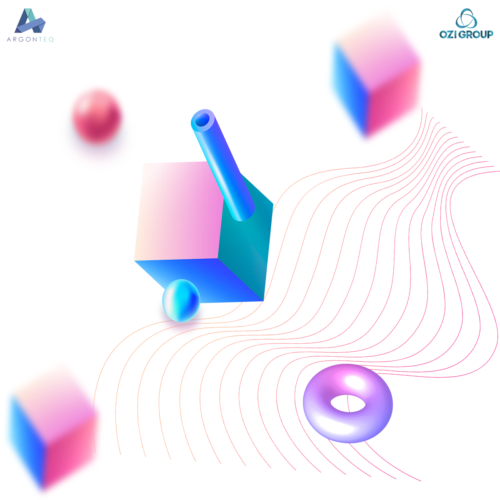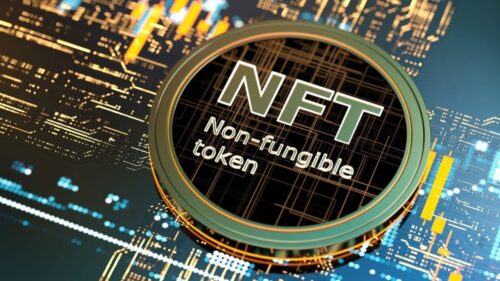That’s all we’re talking about at the moment: the metaverses or ‘metaverse’ in English!
If we refer to the definition of Metaverse, it is a virtual reality space in which users can interact with a computer-generated environment and other users. The oldest among you probably remember Second Life and even before that, 3D Village. Indeed, the idea of a virtual world in which we can evolve using our avatar and interact with other people is not new.
So, what ‘s different this time?
From my point of view, not much, except a better integration of economic activity and the web in the virtual world. Indeed, when you wanted to buy an item in a virtual world, you necessarily had to go through a site outside the virtual world and give the game publisher euros or dollars.
Cryptocurrency and the decentralization of financial flows finally make it possible to create a real internal economy in all metaverse blockchain development where everyone will be able to sell and buy whatever they want without going back to the virtual world editor or leaving the 3D world. The arrival of virtual reality headsets also makes it possible to offer an even more immersive experience.
All this still has many flaws, but the metaverses before were perhaps there too soon. The strong signal that gave the whole industry a start was the arrival of Facebook in the metaverse. And to mark the occasion, Facebook even changed its name to Meta.
Trend?
So obviously, everyone is wondering. Fashion effect or certain technological future?
For my part, I find the metaverse in contradiction with the IoT movement of recent years where the objective was too free us from screens by integrating the Internet into all our everyday objects. So much so that we can now run errands or send emails simply with the sound of our voice thanks to Google Home or Amazon Alexa. Rather, I saw the Internet melting into reality. And with the metaverse development, the opposite is offered to us. We are offered a virtual experience where we must blend into a virtual world, erasing (a little) the reality around us.
For the moment, unlike smartphones where you have the choice (roughly) between the Apple and Google ecosystem, for the Metaverse, currently, there is no leader. I say for the moment, because Facebook intends to take the lead in this movement. Whether you are an AR (augmented reality), VR (virtual reality) developer, 3d game development, blockchain expert, etc., you can find job offers related to a Metaverse project.
What languages?
But obviously, there are certain programming languages that will be more useful to you if you want to contribute to the emergence of the next metaverse. I first think of C# which is the reference programming language for the Unity platform. Widely used by independent video game studios, but also students and some large game publishers, Unity is, along with Unreal Engine, one of the largest game engines today.
Unreal Engine uses C++ as its main language. Mastering C++ is therefore also a big advantage. For example, Niantic recruits a lot of C++ developers because they use this 3D engine. Another essential language is of course Python which remains easy to learn and which will allow you to design Virtual Reality Development Services interfaces simply and connect all of this with a blockchain.
Open Metaverse Technologies
In terms of technology, Argonteq software development company give all 3D engines and 3D design software that are affected by the Metaverse revolution. I’m thinking of Unreal Engine from Epic, Unity, Amazon Sumerian, Maya from Autodesk and the free software Blender.
But as a developer, technologies and protocols are also essential. The first is obviously WebXR, an API developed by Mozilla which allows applications and web content to interface with augmented or virtual reality hardware. It is therefore not a 3D rendering technology like WebGL, but rather a technology which allows a virtual world to be linked to hardware through the browser.





